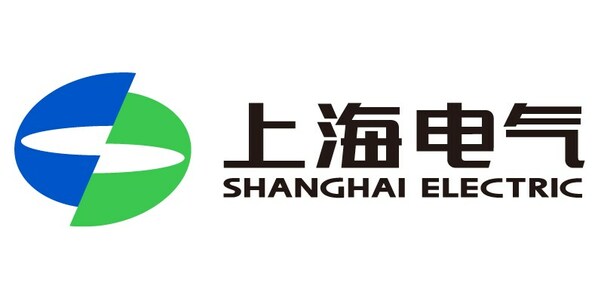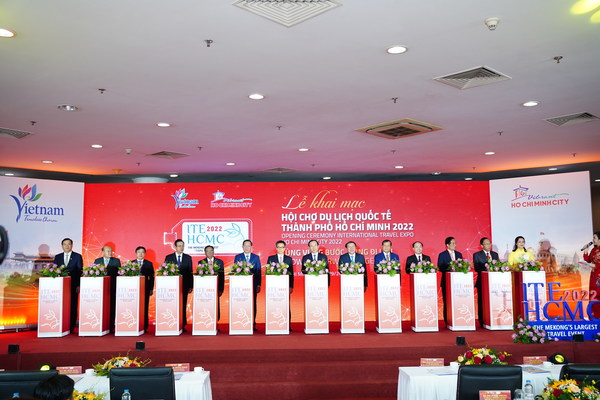MONTEVIDEO, Uruguay, July 9, 2025 /PRNewswire/ -- The Global Energy Prize International Award Committee has named the laureates of the 2025 edition of the Prize.
The Prize in the Conventional Energy category went to Jinliang He, chair of High Voltage Engineering Research Institute, professor at China's Tsinghua University. "This honour not only recognises my work alone, but also the collective endeavor of great minds advancing sustainable energy supply. It illuminates a shared vision to power world safely and efficiently. I dedicate this honour toward bridging innovation and advanced technologies for ultra-high voltage transmission systems," said Jinliang He.
For the first time in the history of the Prize, the award in the Non-Conventional Energy category was given to a woman, Yu Huang, professor and department head at the University of California, Los Angeles (USA). She will be awarded for innovations in the field of catalyst development, which significantly improve the profitability, durability and performance of fuel cells.
"I'm deeply honoured and truly humbled to receive this prestigious award. My group develops designer catalysts and we work to bridge the gap between discovery and deployment, turning new materials into working for energy conversion and storage. I have been fortunate enough to work with an extraordinary group of students, postdocs and collaborators. Their creativity and passion are making all of this possible," said Yu Huang.
Russian scientist Vladislav Khomich, head of research at the Institute for Electrophysics and Electric Power of the Russian Academy of Sciences (RAS), won in the New Ways of Energy Application category. He will receive the Prize for outstanding contributions to the development, creation and fundamental research of plasma technologies and pulsed energy.
The names of the laureates of the Prize were selected from a shortlist of 15 scientists from 8 countries. A total of 90 submissions from 44 countries and territories across the world were included in the nomination cycle.
The Committee, headed by the Nobel Peace Prize Laureate Rae Kwon Chung, made the final decision.
"World science is facing global challenges, and it is no exaggeration to say that our ability to quickly solve them will define the future of civilisation. The biggest challenges include the transition to clean technologies for the production, storage and transmission of energy and the search for solutions that can effectively combat global climate change," said Rae Kwon Chung.













